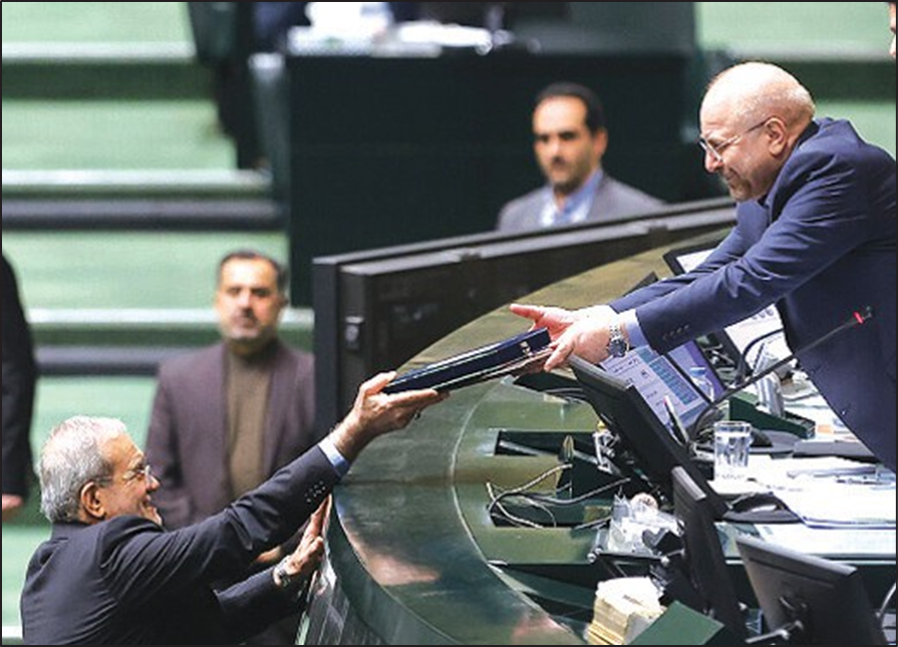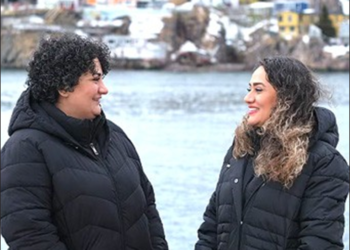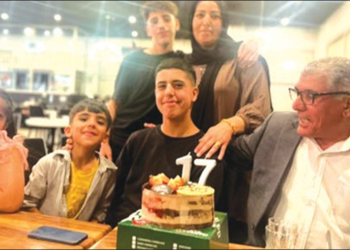November 15-2013
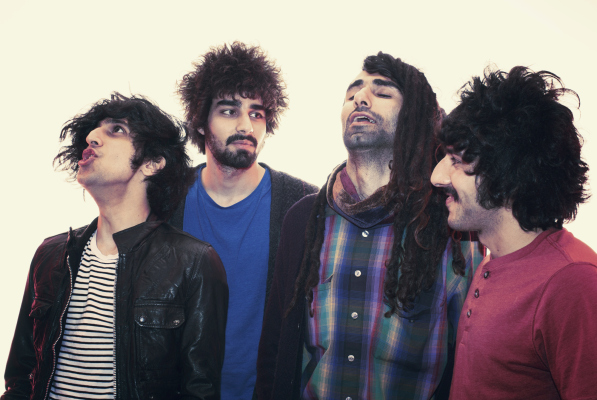
A member of an Iranian rock band that fled to the United States a few years ago is believed to have killed three other Iranian musicians in New York City Monday. He then committed suicide.
The first news reports said the killer had been a member of the band The Yellow Dogs, but had been fired for allegedly stealing from the band.
However, Ali Salehezadeh, manager of The Yellow Dogs, said the killer had never been a member of The Yellow Dogs, but played with Free Keys (also referred to a Freakies), another Iranian-origin rock band.
The police identified the killer as Ali-Akbar Mohammadi-Rafie, 29.
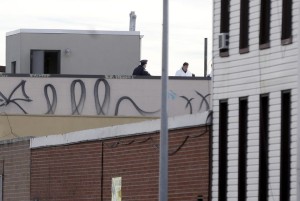
He allegedly shot the band’s 27-year-old guitarist, Soroush Farazmand, in the chest in a second-floor bedroom and then climbed to the third floor where he killed Soroush’s brother and the band’s drummer, Arash Farazmand, 28, shooting him in the head. In the same room, he shot Ali Eskandarian, 35, a singer with another band, in the head. Eskandarian was born in Pensacola, Florida, but grew up in Iran.
The killer then went to the roof of the building—a townhouse in the East Williams-burg section of Brooklyn where all the Yellow Dog band members lived together—and shot himself in the head.
At some point, he allegedly shot Sasan Sadeghpourosko, 22, twice in the arm outside the building, the official said. He was described as an artist not associated with the band.
The band’s Facebook page identifies the other band members as guitarist Siavash Karampour and bassist Koory Mirzeai. Neither was injured as they were playing at an event at the time of the shooting.
The band’s manager, Salehezadeh, was quoted by ABC News as saying the killer hadn’t spoken with the members of The Yellow Dogs for months because of a “petty conflict,” which was not further described. New York City Police Commissioner Paul Kelly said the motive was still under investigation but he understood there had been a dispute over money.
Another police officer, Lt. John Grimpel, said it appeared Rafie had been kicked out of The Free Keys last year and other band members had refused to let him back in.
“When he was kicked out of his own band, we pretty much cut all relations with him, we weren’t really friends with him,” Salehezadeh told Reuters. He said he was struggling to come up with a possible motive for the killings.
“I don’t know if he came to get them or to get all of us or to get revenge because one of the members of Free Keys lives with us as well,” he said.
One of Rafie’s former Free Keys bandmates, who lived with The Yellow Dogs, scuffled with Rafie, knocking the clip from his gun, and was able to escape, police said. He was not named.
Rafie used a military-style, Century Sporter, .308 caliber rifle to fatally shoot the three band members and wound the other man before he took his own life. The rifle was found next to Rafie’s body on the roof. Kelly said the weapon was bought in upstate New York in 2006 and police were trying to trace its history and find out how the killer obtained it.
It was only a few months ago that the last of the four band members had his asylum request approved, meaning the band was now free to travel outside the United States. They had been planning to accept invitations to play in Europe, and to reunite with family members in Turkey, whom they had not seen since they left Iran.
Neighbors were stunned by the carnage and had kind words for the band members.
“You always see them coming in and out of their house with their musical instruments in cases. They seemed like great kids, never bothered anybody.” Martin Greenman, 63, a metal worker who works near the building where the shootings took place, told the Post.
“They resembled each other with the curly black hair and the tight jeans. They looked like typical hipsters,” he said.
A neighbor reported hearing multiple gunshots
“There were four or five shots in succession. They sounded like fireworks going off,” said Marcus Durant, 56, an electrician who lives nearby.
“There were three or four Iranian kids who looked like brothers. They would ride up and down the street on their skateboards and they were generally very pleasant kids.”
He said the band often played at raucous parties in their building.
“You can hear them playing their music on Friday night to Saturday nights. They sounded really good and it was never obnoxious, like club music. These guys were playing real rock ‘n roll,” Durant said.
The Yellow Dogs was founded in Tehran in 2006 and left for the United States in 2010.
In a 2009 CNN interview, the bandmates talk about dodging Iran’s regime by playing in an insulated studio adorned with a poster of the Beatles and other rock memorabilia. “The law has a problem with rock music, so we can’t play it” legally, one band member said.
The Yellow Dogs and Free Keys both appeared in the film about Iran’s forbidden rock scene, “No One Knows About Persian Cats,” which won a prize at the Cannes Film Festival. That film was written by Iranian-Japanese-American Roxanna Saberi and directed by Bahman Ghobadi.
The Yellow Dogs described themselves on their Twitter feed as “a Post Punk/Dance Punk band from Tehran/IRAN, living in Brooklyn at the moment.”
Arash Sobhani, a singer and songwriter with the band Kiosk, which also was started in Iran and is now in the United States, told The Washington Post he and other Iranians worry that the Iranian authorities will seize on the killing as evidence of the dangers of living in the West.
“The worry is that they’re going to milk it, that this is what going out of the country does, and that Western influence does this to people,” he said.
However, the four deaths drew only minimal coverage in the Tehran newspapers, most using a brief supplied by the state news agency.
Salehezadeh, the band manager, said, “They wanted to be known for their music. I guess now we have a gun story.”











